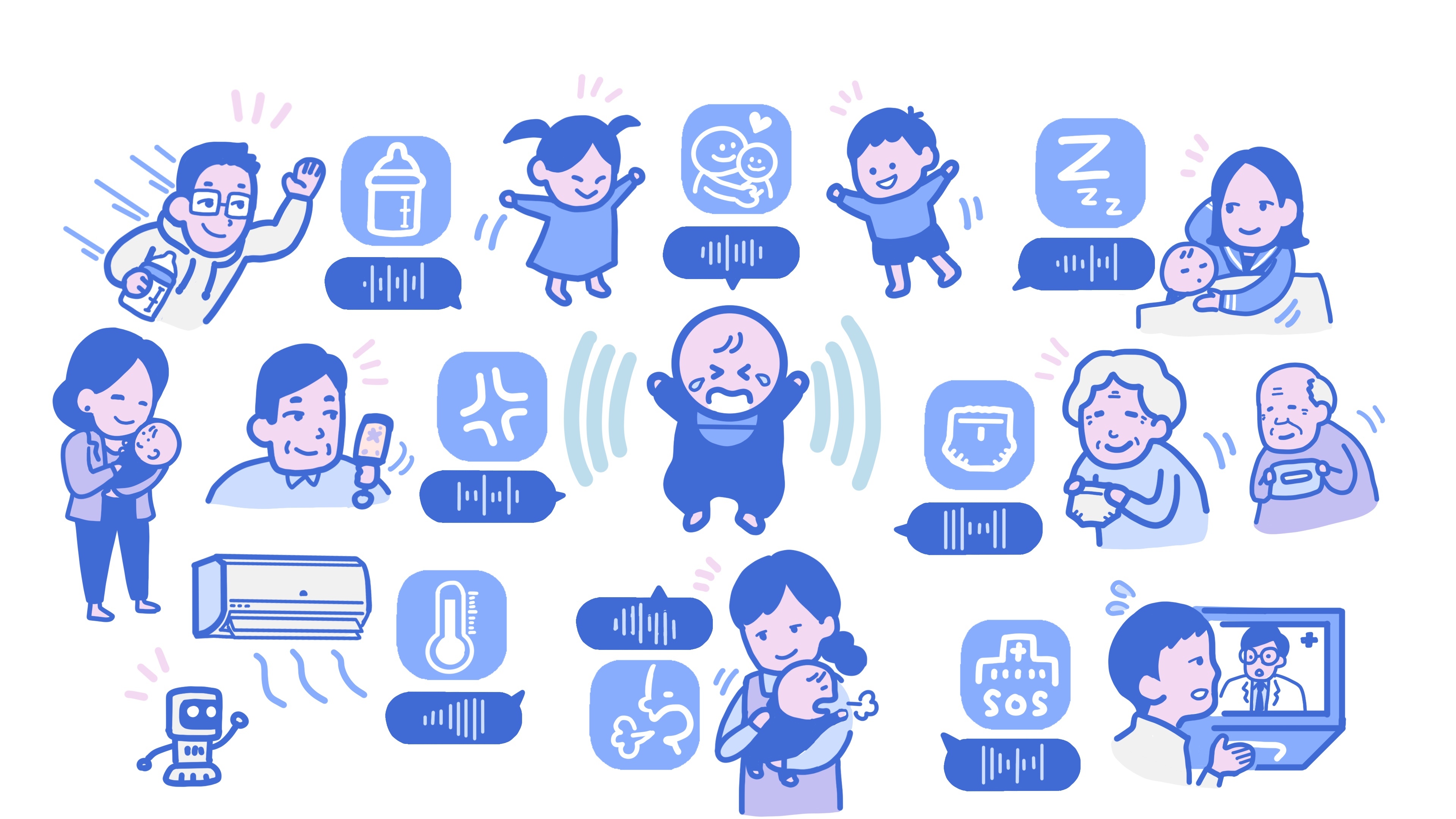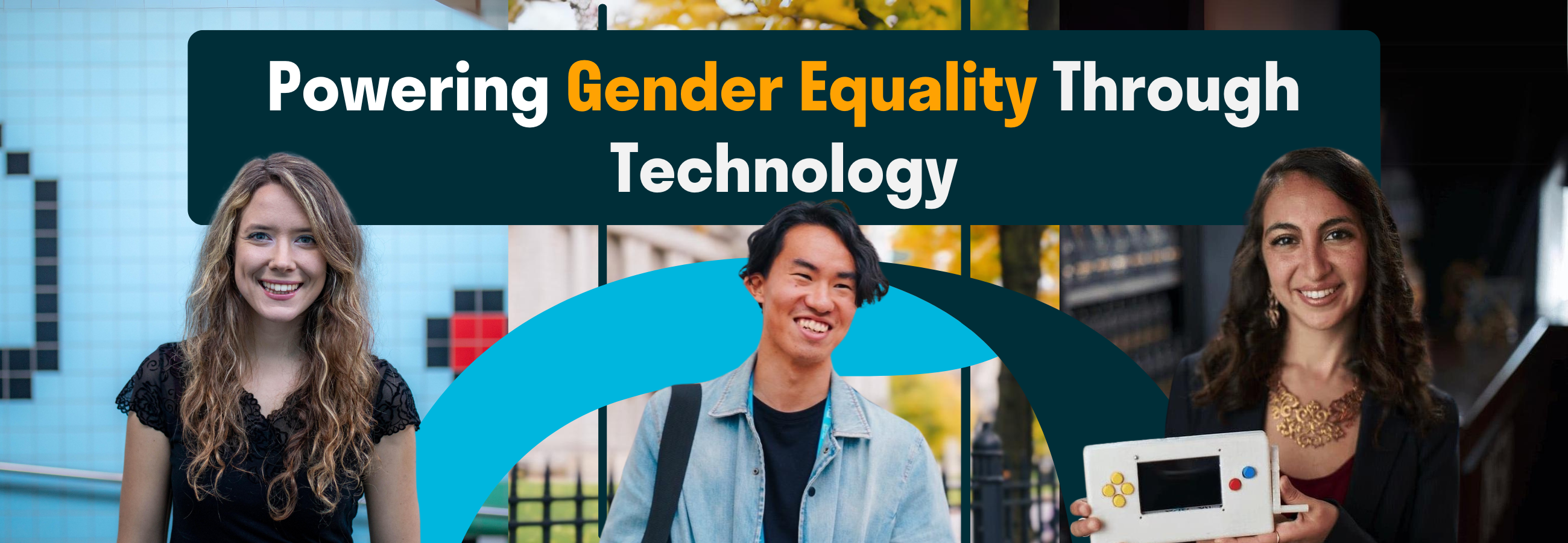
The United Nations’ Sustainable Development Goals Report 2023 shows that the world is not on track to achieve SDG 5: Gender Equality by 2030.
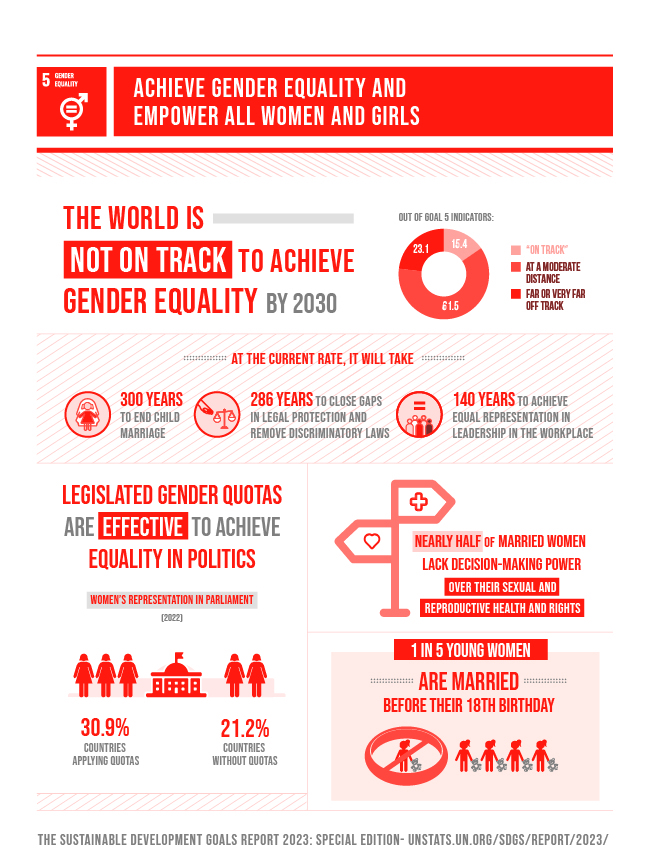
At the current rate of progress, it will take 300 years to end child marriage globally, 266 years to remove discriminatory laws, and 140 years to achieve equal representation in leadership in the workplace.
In the face of these disappointing statistics, we clearly need to change our approach towards achieving gender equality.
The One Young World Community has always been at the forefront of addressing the world’s most pressing challenges. To achieve global gender equality, our Ambassadors are leading the way with innovative solutions, especially through the use of technology.
Here are three technological innovations by our Ambassadors that promote gender equality across various sectors of society:
Bridging the Gender Gap in Education:
Globally, about 129 million girls are out of school.
In low-income countries, completion rates for primary and secondary school are lower for girls. In countries affected by conflict and violence, girls are 2.5 times more likely to be out of school than boys. According to UNESCO, the global number of out-of-school children has risen by 6 million since 2021 to 250 million, primarily due to the mass exclusion of girls and women from education in Afghanistan.
“My education was my ticket to a better future.”
Soraya Fouladi had a difficult upbringing. She watched her parents battle immigration issues, unemployment, and cancer throughout her childhood. However, she was lucky enough to attend the United Nations International School in New York. Here, she learned about pressing global issues and realised that the lack of quality education was at the root of many of these problems.
She resolved to dedicate her life to making quality education accessible globally. To realise her goal, she decided to pursue electrical engineering in college.
“I wanted to create an e-learning device that worked for any child in the world whose education was lacking, which is mainly those in high poverty communities.”
After graduating, she founded Jara, an award-winning education technology organisation. Here, Soraya and her team created the Jara Unit which is a crank and solar-powered education device that delivers educational content offline in any language. They also developed an Internet of Things (IoT) system to perform updates and access data without needing internet in the communities.
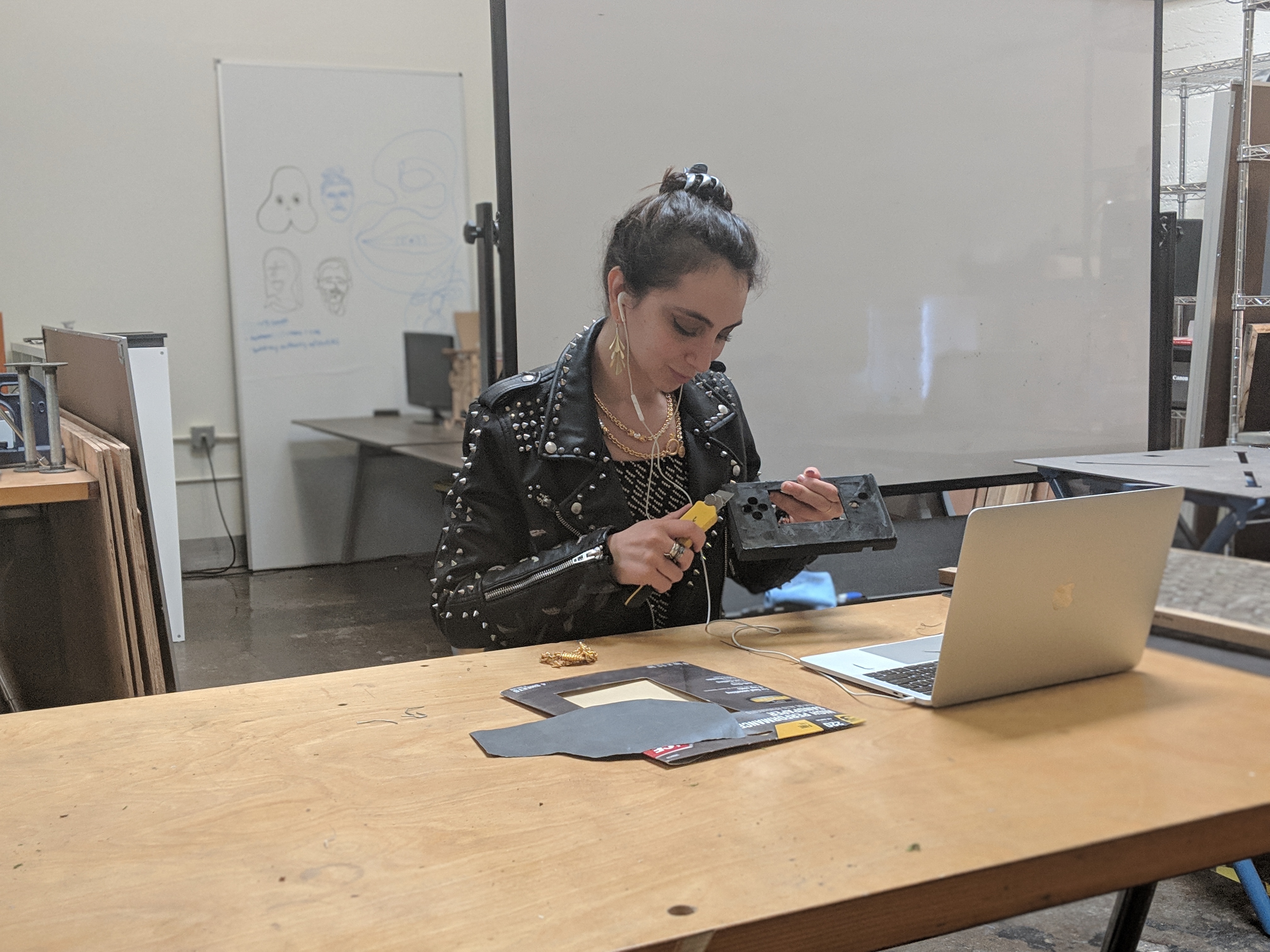
The Jara device overcomes obstacles to education such as natural disasters, conflict, and poverty that are faced by millions of children worldwide, particularly girls. With Jara, displaced and underserved children can carry a personal education device with them where they can gain offline access to educational content. It is the perfect solution for high-poverty, off-grid, and low-connectivity communities with its low-cost, waterproof, dustproof, breakproof, and heatproof design.
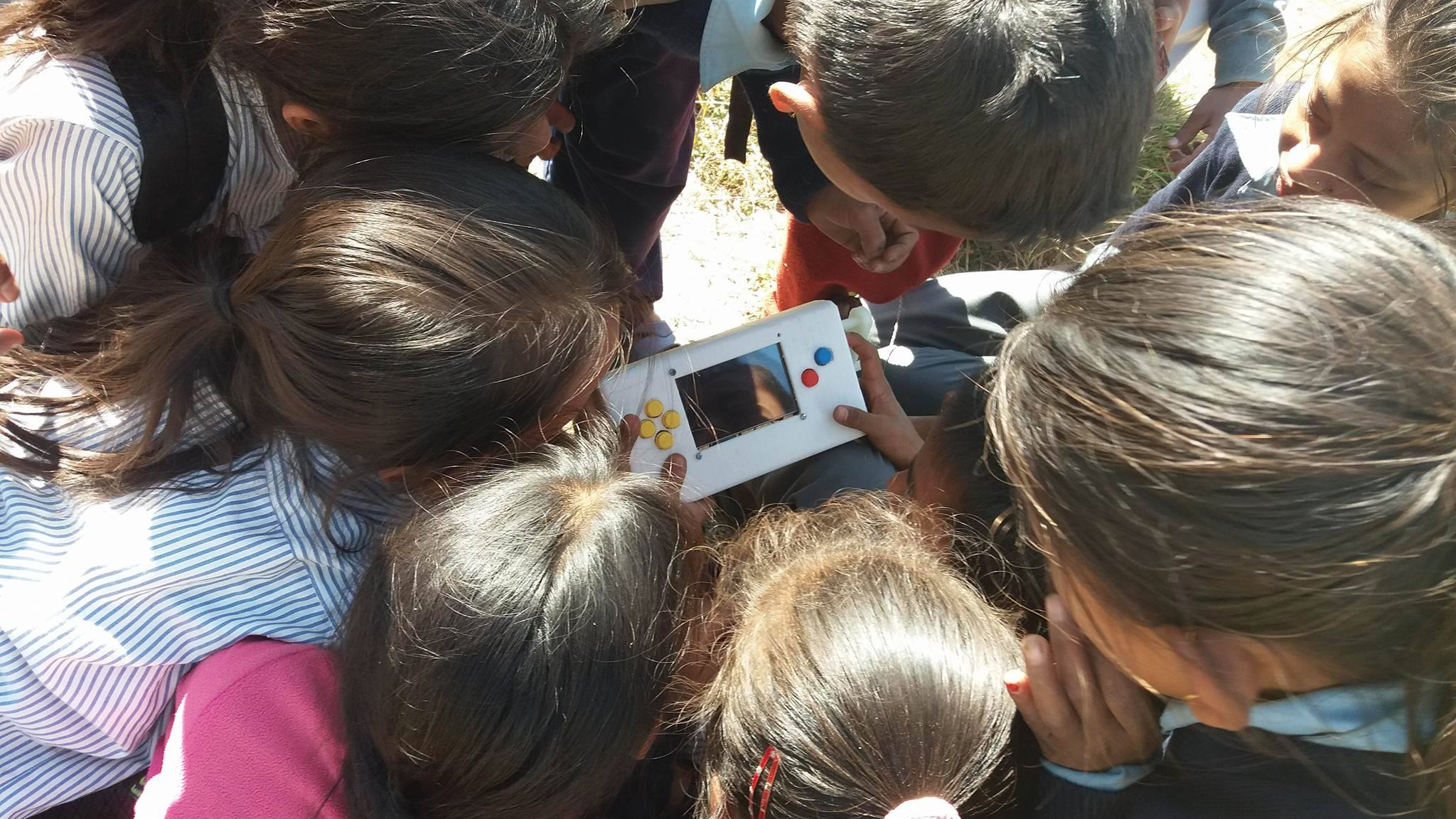
Jara collaborates with ministries of education, schools, and teachers to partner with local and global e-learning platforms that have localised courses that align with the national curriculum of the country in which they are operating. They also provide courses on topics such as financial literacy, and entrepreneurship, as well as on coping with natural disasters or displacement. Currently, Soraya and her team are working on developing Jara as an AI tutoring device that can support children in vulnerable situations while ensuring top safety and security.
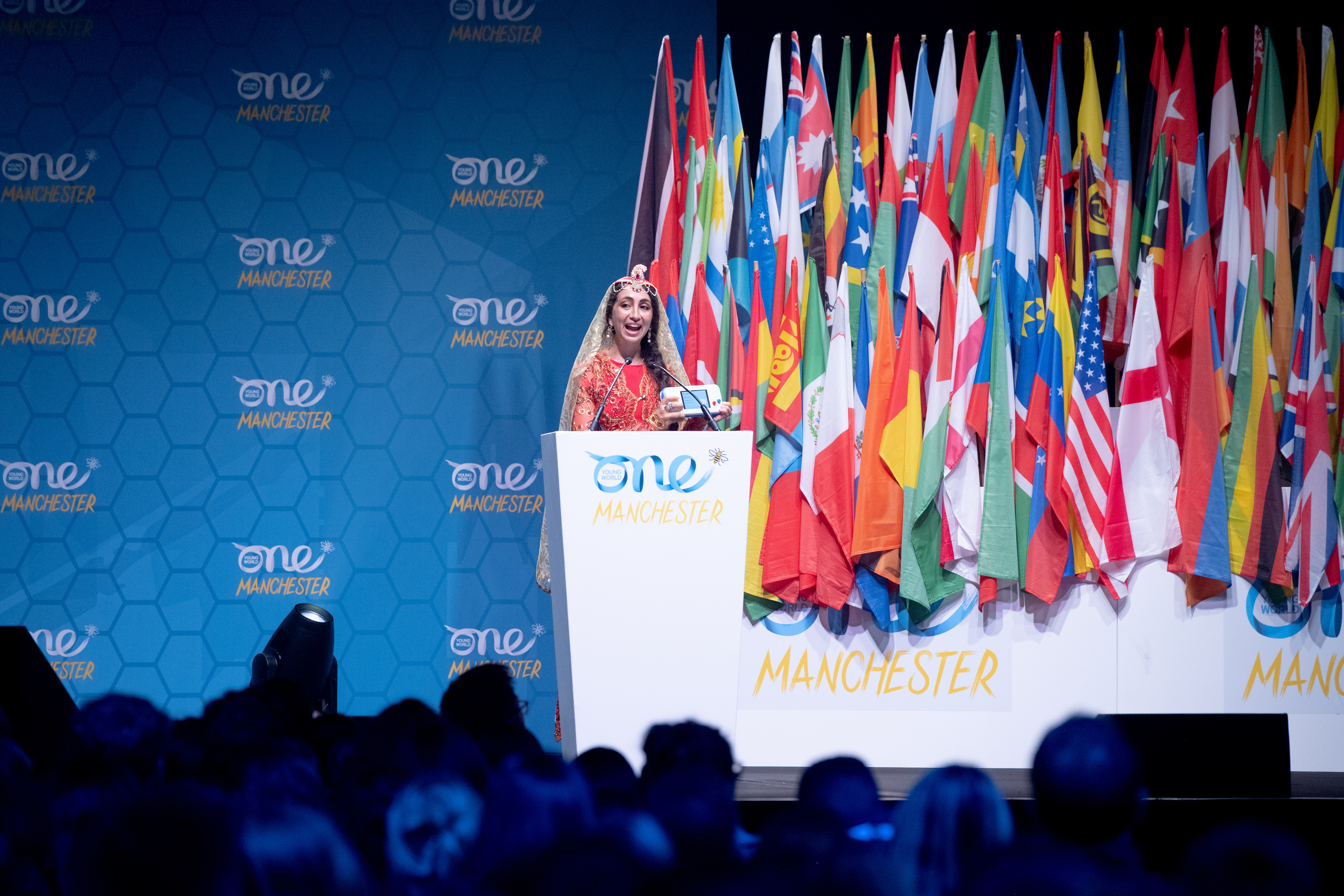
Currently, 25 countries such as India, Nigeria, Ghana, Nepal and Sierra Leone are exploring bringing Jara to their communities.
If you want to support Jara in their mission, you can donate to their cause here.
You can bring Jara to your community to increase access to opportunities and education - email [email protected] for more information.
Making coding accessible to girls:
When Dora Palfi started her career as a developer at a large tech corporation, she was called “The Girl on the Seventh Floor” until her last day at work. This was because Dora was the only woman working there.
“I feel strongly that no woman should be an oddity, and no woman should be nameless in tech.”
Currently, women only hold about 25% of tech jobs and 11% of executive roles in companies. A report from PwC shows that only 27% of female students would consider a career in technology, compared to 61% of males. Additionally, over 25% of female students are discouraged from pursuing a career in technology because they find the field too male-dominated. 78% of students cannot name a famous female working in technology.
This gender disparity in tech directly translates to a lack of diverse perspectives in the products and solutions being built today. In 2019, the algorithm developed to determine credit limits for the Apple card limited credit access for female users. There have been reports of Virtual Reality (VR) apparatus being unsuitable for female physiology.
“I decided that we need to change the face of tech for generations to come.”
To bridge this gap in tech, Dora founded imagiLabs, where they create a community and tools to make tech more inclusive to girls. After years of research, they designed the imagiCharm, a keychain accessory that can display various designs through code written in its paired app. The display can be programmed to light up in multiple shapes, patterns, and animations. Users can also share the designs and code within the app, making it a collaborative learning experience.
imagi also offers an educational platform called imagiEdu that makes teaching Python coding simple for teachers and makes learning engaging for students.
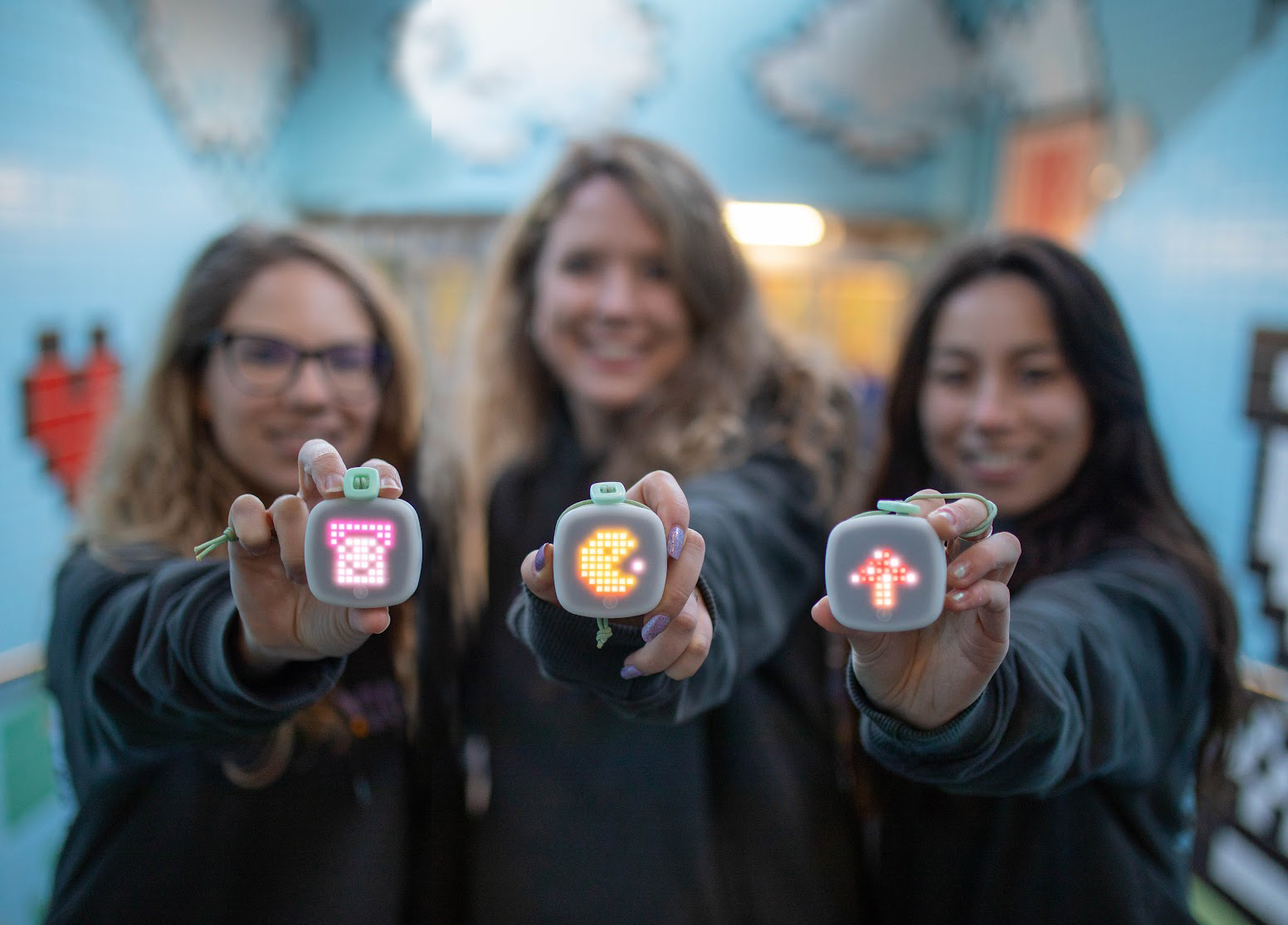
“I envision living in a world where girls' full potential is unlocked so they can freely reimagine the future with technology.”
After hearing Dora’s speech at the One Young World Summit in Manchester, an HSBC executive reached out to her for a partnership. HSBC began using imagiLabs’ services in their corporate social responsibility (CSR) initiatives to teach programming to girls and children in East London. They have also collaborated with Allianz, AWS, and Morgan Stanley for their CSR projects since the Summit, and have since expanded to the US.
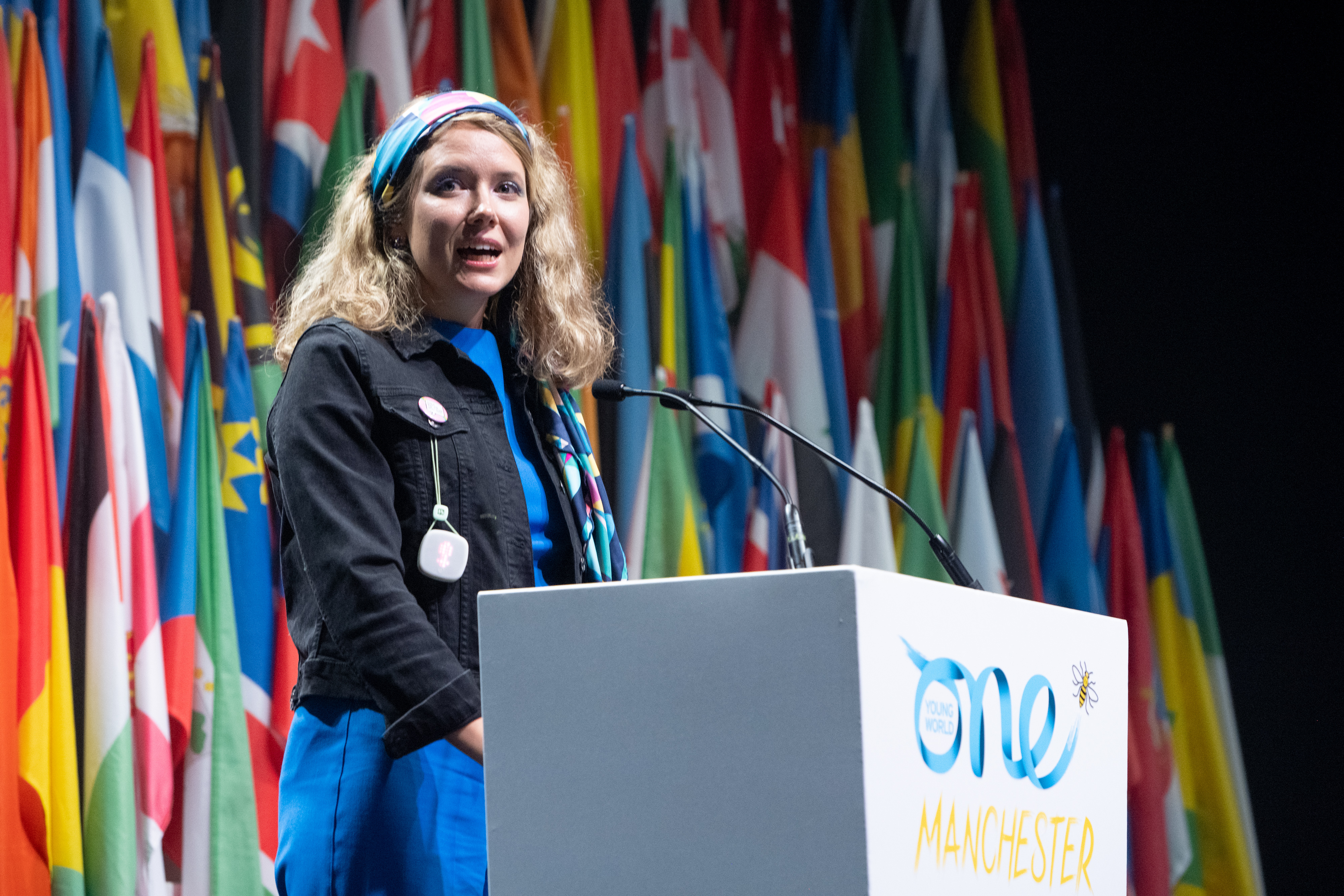
As of 2023, over 236,000 children are learning to code with imagiLabs and 1542 educators are using their services to teach coding.
If you’re looking for an introductory coding platform for your organisation, or know a young girl with an interest in tech, introduce them to imagiLabs. You can reach out to Dora and her team here.
Helping parents understand their babies better:
On average, women undertake about 75% of childcare responsibilities globally.
This is an alarming statistic, considering the mental and physical toll that childbirth takes on the female body. Around 10% of pregnant women and 13% of new mothers experience depression. In developing countries, these rates rise to 15.6% during pregnancy and 19.8% postpartum. This can severely hinder the mothers' ability to care for their children and negatively affect their development.
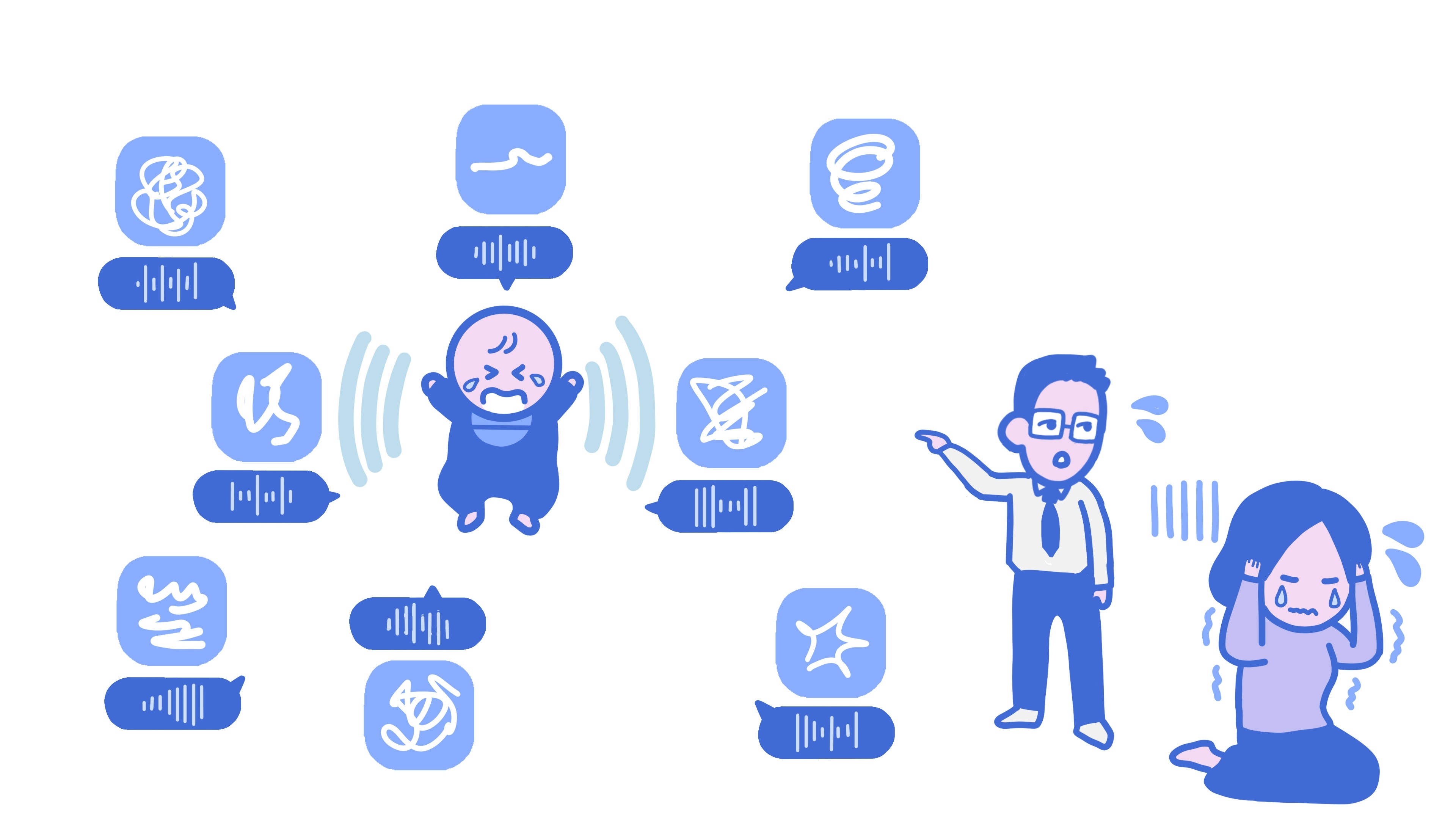
Koga Nakai grew up with a mother who suffered from hearing loss due to immunodeficiency caused by the stress of raising a child. This sparked his interest in researching postpartum depression and loneliness. He realised that the solution to this problem lies in increasing social support for mothers with young children.
“We will create a society where everyone can raise children.”
At medical school, Koga started a health and wellness venture called Cross Medicine to make healthcare more accessible. They developed “Awababy”, an app which helps new parents understand the cries of their babies. Awababy is a crying recognition application (patent pending) that interprets infant cries and provides reasons and coping methods to enhance parent-child communication.
This technology aims to reduce the burden of childrearing on women by enabling other members of the family to understand the babies’ needs and tend to them. This results in a happy, healthy and relaxed environment for childrearing that is beneficial for the mental health of the parents and the child. Until now, Awababy has analysed data from over 13,000 cries. In Japan, the app has received over 99,600,000 impressions, 174,000 product views, and 5,440 downloads.
“For the first time in the world, it has succeeded in classifying babies' emotions into more than 10 types.”
